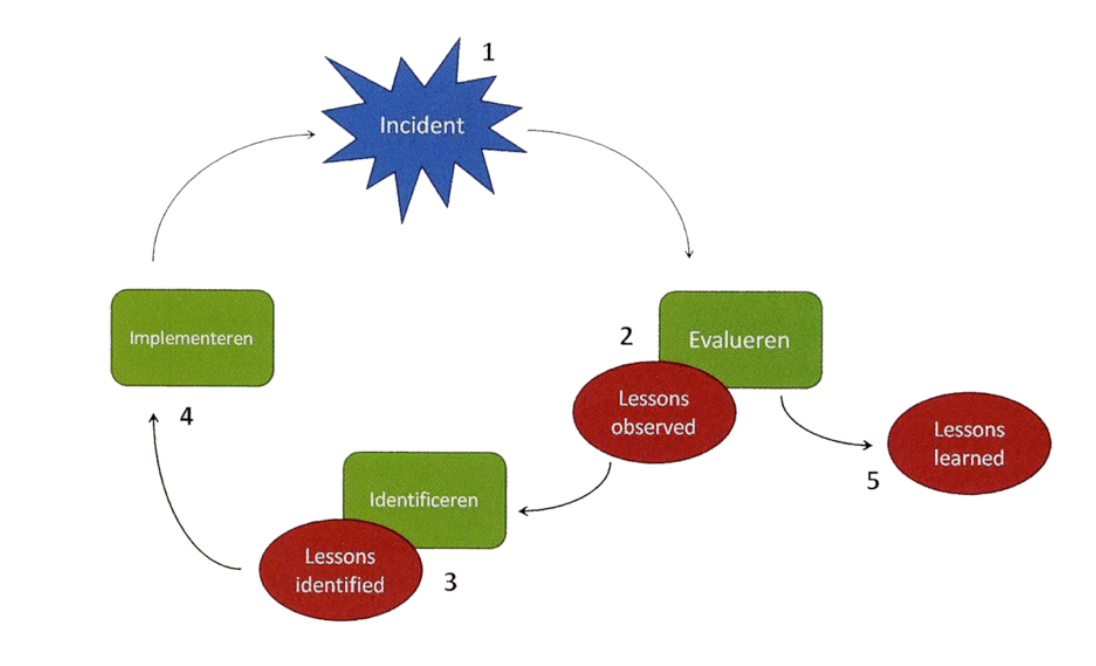The Weekly Reflektion 01/2025
A Safe and Happy New Year to all our readers.
Many people may be familiar with the traditional children’s song ‘There’s a hole in my bucket’. The song comes from the German state of Hesse, and is an exchange between two characters, Liza and Henry and their attempts to solve the problem with the hole in Henry’s bucket. It starts with Henry explaining that there is a hole in his bucket. For each suggestion from Liza on how to fix the problem, Henry has a new question on the suggestion given. The final suggestion from Liza entails Henry fetching some water and when Henry asks how he should fetch it, the response from Liza is in a bucket, of course. ♫There’s a hole in my bucket, Dear Liza, Dear Liza♫. Sometimes prevention of incidents seems like going round in circles and ending up with the same incident report that you looked at last time.
Why is it so hard to learn?

What is wrong with this picture?
Jop Groeneweg is an Assistant Professor at the University of Leiden in the Netherlands. At an investigation conference in 2014, the title of his presentation was ‘Why is it so hard to learn?’. At the start of the presentation, Groeneweg asked what was wrong with the above picture. The audience were obviously shy, or it was too early in the morning to be perceptive, so Groeneweg pointed out the paradox in the loop himself. Following implementation of the lessons identified from an incident, the incident happens again. The lessons learned are vaguely assigned to step 5. Who is learning these lessons is unclear, since it doesn’t seem to include the organisation that had the incident. This paradox is similar to an anecdote that the late Trevor Kletz often used in his lectures and presentations. When informed of an incident at a facility where he was safety advisor, he would tell the informant that it wasn’t necessary to send a report as he already had one on his files.
Groeneweg talked about any incident as the start of a learning process and therefore an opportunity for the organisation to improve. He described three levels of learning that any organisation should be aware of.
Single-loop learning affects the way operational goals are achieved. Goals, methods and resources are not changed, and the learning can be described at doing the same things better, for example rewriting procedures, providing better training.
Double-loop learning affects the norms and organisational targets and involves doing things in a better way. Changes are made to methods and/or resources.
Triple-loop learning affects the drivers (policies and values) of an organisation on a high level. This involves doing different things.
Major Accidents often lead to triple loop learning as the outrage from the consequences of a disaster force companies to change the drivers for their business. BP made fundamental changes to process safety in the operation of their facilities after the Texas refinery explosion and fire in 2005. BP also made fundamental changes to their drilling and well operations, and company organisation after the Macondo well blow out in 2010. Boeing made fundamental changes to management focus on flight safety following the 737 Max crashes in 2018 and 2019. Unfortunately, the triple loop learning came too late for the victims of these accidents. Hopefully it will not come too late for your operation.
